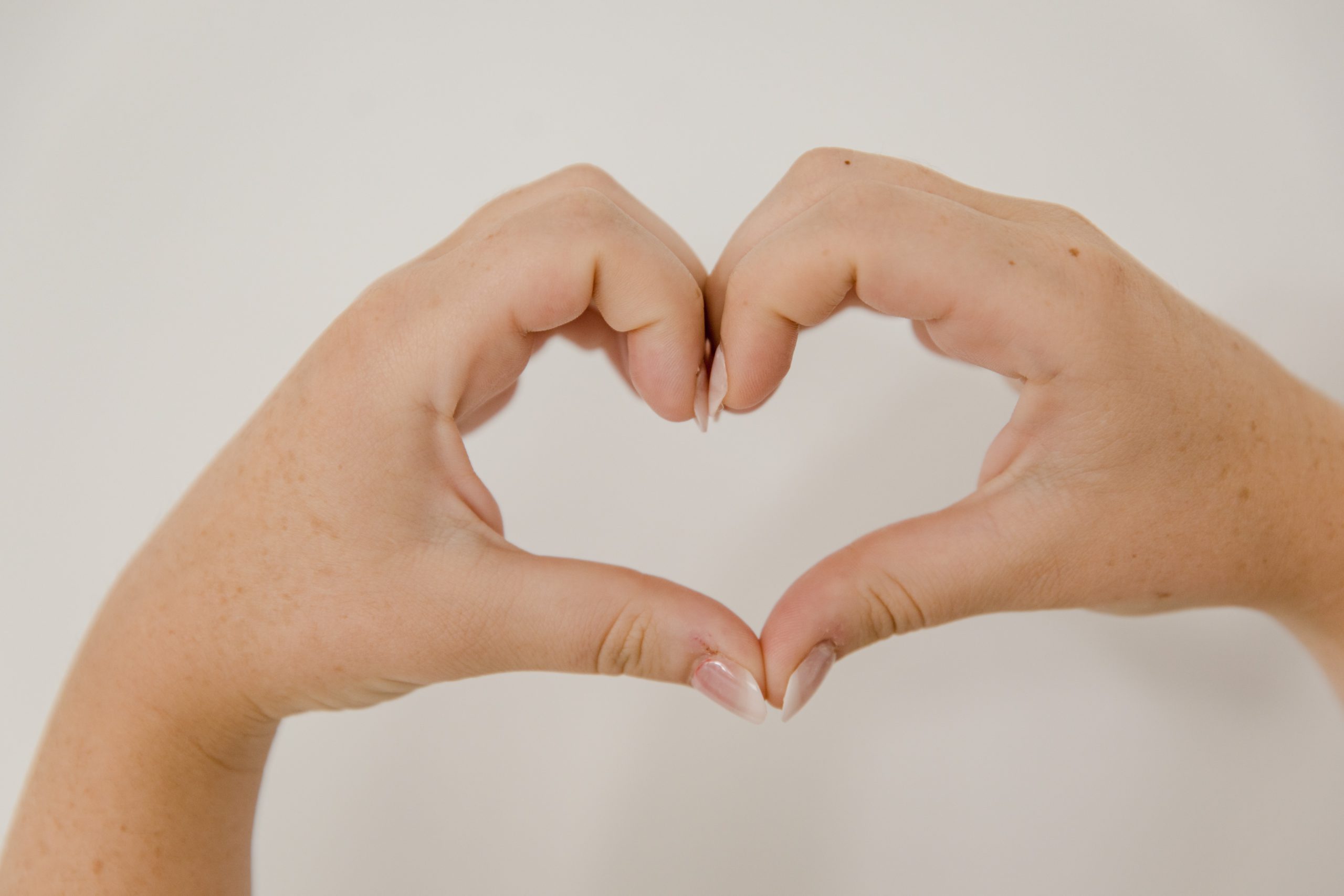EVERY year, on September 23, people worldwide come together to celebrate the International Day of Sign Languages. This special day is dedicated to recognizing the profound importance of sign languages for the global deaf and hard-of-hearing community. It’s a time to appreciate how sign languages empowers individuals, preserve cultural heritage, and safeguard human rights. Let’s delve deeper into why this day holds significance and why sign languages are indispensable.
Did you know that there are over 70 million deaf individuals worldwide? Many live in developing countries where they communicate using more than 300 distinct sign languages. These sign languages are far more than mere gestures; they possess their own intricate grammatical structures, just like spoken languages. As per the 2011 Census, the deaf persons in India numbered about 50 lakh.
Sign languages extend beyond local boundaries. There’s also an international sign language that serves as a common ground for deaf individuals from different countries to communicate when they meet. This simplified sign language acts as a bridge, fostering connections among people from diverse backgrounds.
Recognising and promoting sign languages
A significant agreement called the Convention on the Rights of Persons with Disabilities acknowledges that sign languages are equally important to spoken languages. This agreement requires countries to support deaf individuals in learning sign language and to promote and protect their unique cultural identity. It’s a crucial step toward ensuring that deaf individuals enjoy the same rights as everyone else.
Why September 23?
September 23 is celebrated as the International Day of Sign Languages to commemorate the founding of the World Federation of the Deaf (WFD) in 1951. The WFD is an international organization that represents and advocates for the rights of deaf and hard-of-hearing people worldwide. The choice of September 23 as the date for this celebration is significant because it marks the establishment of an influential advocacy organization dedicated to preserving sign languages and promoting the well-being and rights of the deaf community.
The WFD plays a pivotal role in raising awareness about the importance of sign languages, advocating for their recognition as equal to spoken languages, and supporting the linguistic and cultural identity of deaf individuals. By designating September 23 as the International Day of Sign Languages, the United Nations aims to emphasize the significance of sign languages in facilitating communication, preserving cultural heritage, and upholding the human rights of deaf and hard-of-hearing people. This annual observance serves as a platform to raise awareness about the contributions of sign languages and the challenges faced by the deaf community, while also promoting inclusivity and equal opportunities for all.
Famous people who achieved greatness despite their disability
Deafness has not deterred several individuals from achieving greatness. Ludwig van Beethoven, the renowned composer, continued creating iconic music even after losing his hearing. The prolific inventor Thomas Edison developed the phonograph despite his hearing loss. Helen Keller, who overcame deaf-blindness through education, became an influential author and advocate. Marlee Matlin, an Oscar-winning actress, broke barriers in Hollywood. Nyle DiMarco, a deaf model and activist, won “America’s Next Top Model” and “Dancing with the Stars.” Dr. Philip Zazove, a deaf physician, has advanced healthcare accessibility for the deaf community. Percussionist Evelyn Glennie, who is profoundly deaf, has performed worldwide. Young jazz pianist Matthew Whitaker, blind with significant hearing loss, showcases extraordinary musical talent. These remarkable individuals exemplify the boundless potential and achievements of the deaf and hard-of-hearing community, emphasizing the importance of inclusion and equal opportunities.
Taking action
The International Day of Sign Languages isn’t just about celebration; it’s a call to action. We must actively recognize, protect, and support sign languages. They are not merely communication tools but integral to the identity, community, and human rights of deaf individuals. As we commemorate this day, let’s commit to ensuring that sign languages continue to thrive, bridging linguistic divides, and contributing to a more inclusive world.

Give exists to alleviate poverty by enabling the world to give. Established in 2000, Give, together with its partners, is the largest and most trusted giving platform in India. Give enables individuals and organizations to raise and donate funds conveniently to any cause they care about, with offerings including crowdfunding, corporate giving, cause marketing, and philanthropy consulting. Give’s community of 2.6M+ donors supports 3,000+ verified nonprofits, serving 15M+ people across the country.


Leave a Reply